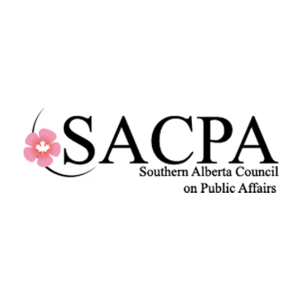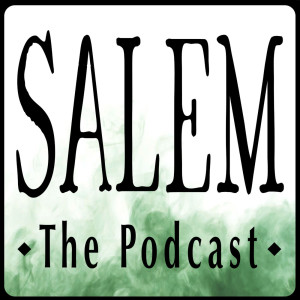

Southern Alberta Council on Public Affairs (SACPA)
Participation in Land Use Planning: When you have a say and when you don (Part 1)
2005-11-09
Alberta has seen unprecedented growth in recent years. This has direct
implications on land use and land use planning. From the local and
municipal level to the provincial level, residents of Alberta are able
to guide land use to varying degrees.
In some decision-making processes residents have a say, in others they
do not. As development moves more and more to our backyards there is an
increased chance of conflicting values when it comes to land use.
These conflicts raise important...
Alberta has seen unprecedented growth in recent years. This has direct
implications on land use and land use planning. From the local and
municipal level to the provincial level, residents of Alberta are able
to guide land use to varying degrees.
In some decision-making processes residents have a say, in others they
do not. As development moves more and more to our backyards there is an
increased chance of conflicting values when it comes to land use.
These conflicts raise important questions about the extent to which
citizens can participate in the planning process. What laws and policies
are there to help citizen’s voices be heard? When do the decision makers
have to listen? And is participation the exercise in futility it often
seems?
Speaker: Jason Unger
Jason Unger is Staff Council at the Environmental Law Centre in
Edmonton. Prior to joining the Centre in early 2005 he practiced law in
Calgary and Edmonton. He also worked for an environmental
non-governmental organization. During Jason’s schooling at Dalhousie Law
School in Halifax, he specialized in environmental law. His current area
of focus includes forestry law, water law, administrative law, and
land-use law and policy.
Download the Audio of this session.
Download the Audio of Audience Q&A from this session.
View more
Download the Audio of Audience Q&A from this session.
Comments (3)
More Episodes
All Episodes>>Create Your Podcast In Minutes
- Full-featured podcast site
- Unlimited storage and bandwidth
- Comprehensive podcast stats
- Distribute to Apple Podcasts, Spotify, and more
- Make money with your podcast
It is Free












